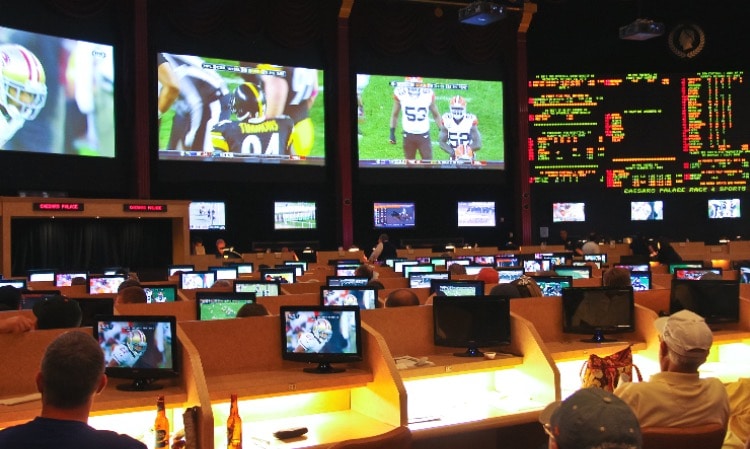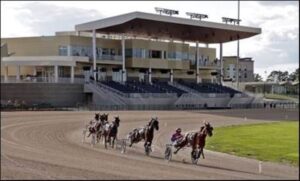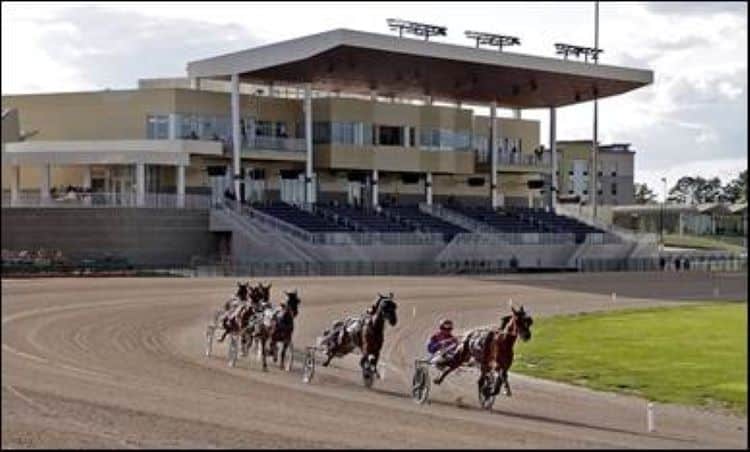The Ohio Casino Control Commission has released its fifth batch of proposed sports gaming rules for a second round of stakeholder comments.
The rules made available for comment in the fifth batch address supplemental Type-A and Type-B proprietor licensing, required procedures, and general proprietor duties. However, the only significant proposed revisions for the second round of stakeholder comments regarding Batch 5 concern rules in the general proprietor duties section.
Gov. Mike DeWine signed HB 29 on Dec. 22, legalizing sports betting in Ohio. However, wagering on sports doesn’t figure to take place in the Buckeye State until later this year, once all systems are operating statewide. The law states that legal sports betting must be launched by Jan. 1, 2023.
The commission made its fourth batch of proposed rules available for a second round of comments in mid-March.
Concern for patron complaints
Under patron complaints, an additional rule states that the sports gaming proprietor’s responsibility is to respond to a complaint within 10 days. It also states that a proprietor must notify a patron if it needs additional time to investigate or resolve a complaint beyond the 10 business days and that the proprietor must provide an expected time frame in which the complaint may be resolved. The response must include a statement noting that a patron may submit a complaint in writing to the commission “if the dispute is not resolved to the satisfaction of the patron.”
https://twitter.com/Israel_Finnest_/status/1504266926708740101
Another rule was added to explain that a sports gaming proprietor is required to offer patrons the opportunity to request a statement of all their activity during the past five years. On-demand access must be made available through the proprietor’s website, application, or, if available, sports gaming facility.
Also, a proposed rule has been included in the section concerning the expiration of sports gaming tickets. It states that tickets involving multiple sporting events are not considered expired until a year after the last day on which the last relevant sporting event on the ticket took place.
Focusing on advertising rules
With regard to advertising rules, an added proposal states that gaming advertisements must not feature any individuals under the age of 21, except for live footage or images of athletes in sporting events on which sports gaming is permitted. It also states that individuals under the age of 21 “may not be depicted in any way that may be construed as the underage individual participating in or endorsing sports gaming.”
Additionally, it’s noted that sports gaming logos and trademarks must not be “licensed for use on products, clothing, toys, games, or game equipment intended primarily for persons” under age 21.
Another new rule identifying who the sports governing body considers as prohibited persons states that it’s any person recognized as “involved in a sporting event if the person is an athlete, participant, coach, referee, team owner, or sports governing body with respect to the sporting event; any agent or employee of such an athlete, participant, coach, referee, team owner, or sports governing body; and any agent or employee of an athlete, participant, or referee union with respect to the sporting events.”
Stakeholders wanting to provide any written comments or concerns about the proposed rules will have until April 8 at 5 p.m. to email them to [email protected].










